Dogs come in all shapes and sizes, but certain breeds are known for their seemingly endless appetites. These dogs often act like they have bottomless stomachs, always eager for more food. If not carefully managed, this trait can lead to overeating and potential health issues. Understanding which breeds are prone to overeating is essential for dog owners. By recognizing this, owners can provide the right care and nutrition, helping their pets maintain a healthy weight while ensuring they stay happy and well-fed in the long run.
Labrador Retriever
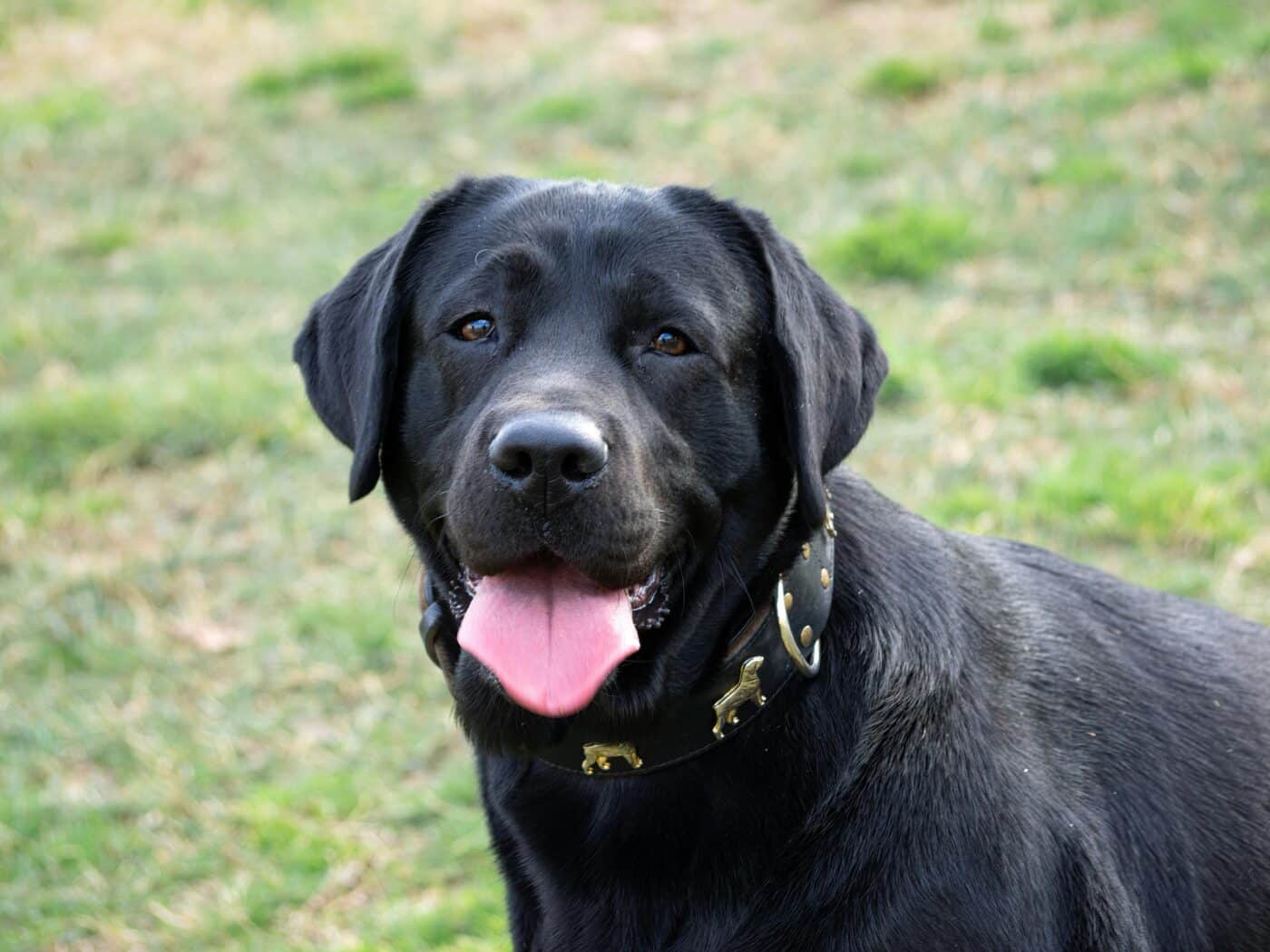
Labrador Retrievers are one of the most popular dog breeds globally, and they are equally famous for their love of food. Labradors have a genetic predisposition that makes them prone to obesity. Their bottomless bellies mean they are always looking for something to eat, often leading to begging and scavenging behaviors. Owners must be vigilant about portion control and avoid leaving food within reach. Regular exercise is also essential to prevent weight gain and keep them healthy.
Beagle

Beagles are small to medium-sized hounds known for their keen sense of smell and love of food. Their bottomless bellies often lead them to search for food, even after eating. Beagles are notorious for their ability to sniff out food and will often resort to begging or stealing if given the opportunity. Their owners must ensure a balanced diet and adequate exercise to prevent obesity. Interactive feeding toys can help slow their eating and provide mental stimulation.
Dachshund

With their long bodies and short legs, Dachshunds have an enormous appetite for such a small breed. Their bottomless bellies mean they are always eager for food, which can lead to weight gain and related health issues such as back problems. Owners should closely monitor their Dachshund’s diet and avoid feeding them table scraps. Regular exercise and portion control are crucial to maintaining health and preventing obesity.
Basset Hound
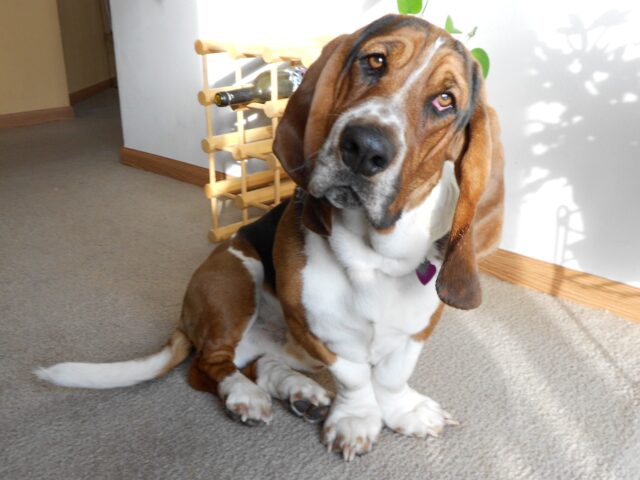
Basset Hounds are laid-back dogs with a strong sense of smell and a love for food. Their bottomless bellies often lead them to overeat if given the chance. Basset Hounds can quickly become overweight, which can exacerbate their natural predisposition to joint problems and other health issues. Owners should be careful with their diet and ensure they get enough exercise to keep them fit and healthy. Providing a balanced diet and avoiding excessive treats are essential.
Cocker Spaniel
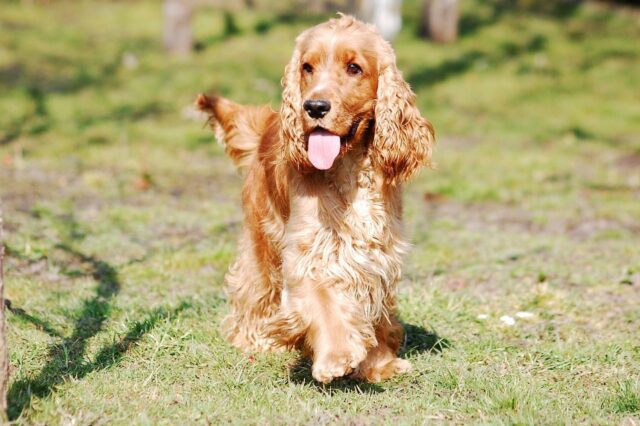
Cocker Spaniels are friendly and affectionate dogs that love to eat. Their bottomless bellies often result in overeating if their diet is not monitored. Cocker Spaniels are prone to weight gain, which can lead to health issues such as diabetes and joint problems. Owners should measure their food portions carefully and avoid giving too many treats. Regular exercise and a balanced diet are crucial for keeping Cocker Spaniels healthy and fit.
Pug

Pugs are small, affectionate dogs known for their big appetites. Their bottomless bellies mean they will eat as much as they are given and often beg for more. Pugs are prone to obesity due to their compact size and low energy levels. Owners should be strict about portion control and provide a diet that meets their nutritional needs without overfeeding. Regular walks and playtime are important to help Pugs maintain a healthy weight and overall well-being.
Golden Retriever
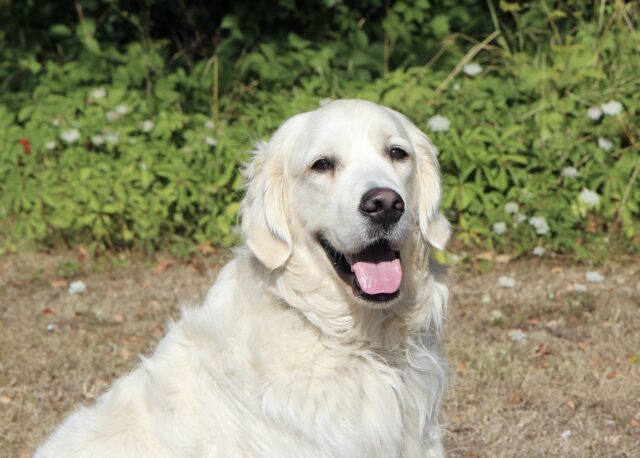
Golden Retrievers are known for their friendly nature and love for food. Their bottomless bellies can lead to overeating and weight gain if their diet is not controlled. Golden Retrievers often beg for food and will eat anything they find, making it essential for owners to control their food intake and avoid leaving food within reach. Regular exercise, including walks and play sessions, keeps Golden Retrievers fit and healthy. Providing a balanced diet and avoiding excessive treats will help maintain their ideal weight.
Pembroke Welsh Corgi
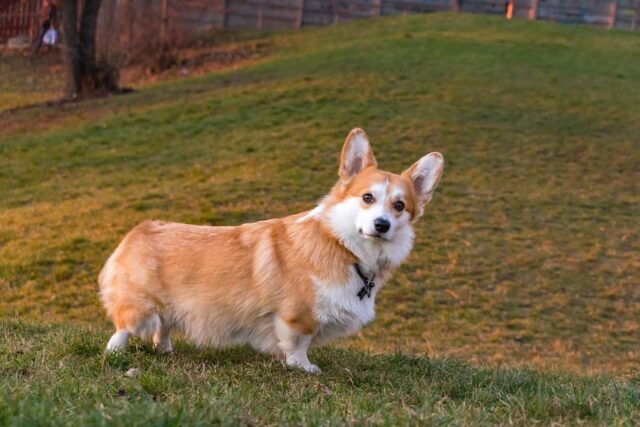
Pembroke Welsh Corgis are small, sturdy dogs with a big appetite. Their bottomless bellies mean they are always eager for food and can quickly become overweight if their diet is not regulated. Corgis often beg for food and can be very persistent. To prevent weight gain, owners should provide measured portions and avoid overfeeding. Regular exercise, such as walks and playtime, keeps Corgis fit and healthy. Providing a balanced diet and monitoring their weight can help prevent obesity and related health issues.
Shetland Sheepdog
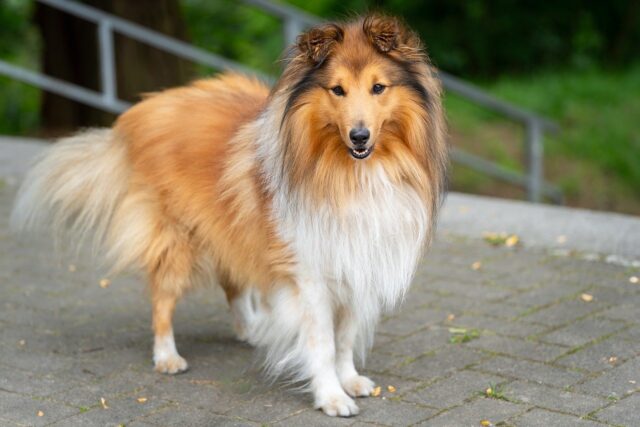
Shetland Sheepdogs, or Shelties, are intelligent and energetic dogs with a strong appetite. Their bottomless bellies often lead them to overeat if not monitored closely. Shelties often act as if they are always hungry, leading to the risk of obesity if their diet is not managed properly. Owners should measure their food portions carefully and ensure they get plenty of exercise to burn off excess calories. Regular training and mental stimulation can also help keep Shelties fit and healthy, preventing them from becoming overweight.
Cavalier King Charles Spaniel

Cavalier King Charles Spaniels are known for their affectionate nature and love for food. Their bottomless bellies often lead them to overeat, which can result in weight gain and related health issues. Cavaliers are prone to heart problems, making monitoring their diet and keeping them at a healthy weight even more important. Owners should provide measured portions and avoid giving too many treats. Regular exercise and a balanced diet are crucial for keeping Cavalier King Charles Spaniels healthy and fit.
Bernese Mountain Dog
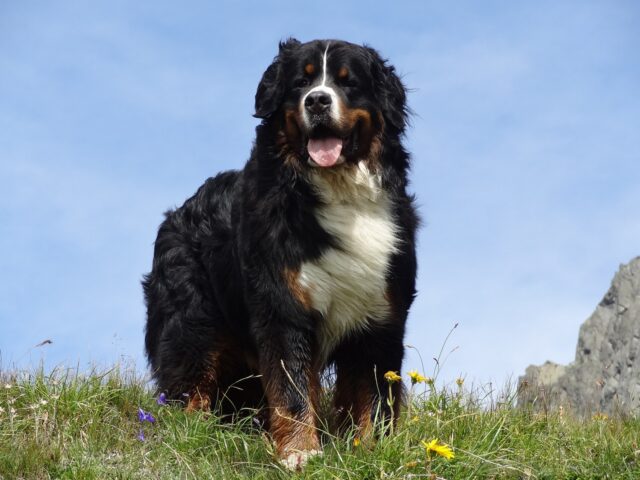
Bernese Mountain Dogs are large, gentle giants known for their friendly disposition and love for food. Their bottomless bellies mean they can quickly overeat if not properly monitored. Bernese Mountain Dogs are prone to obesity, leading to joint problems and other health issues. Owners should ensure a balanced diet and provide plenty of exercise to keep them fit. Regular walks, playtime, and a controlled diet are essential for maintaining the health and well-being of Bernese Mountain Dogs.
The Pups Think Every Meal is Just a Warm-Up
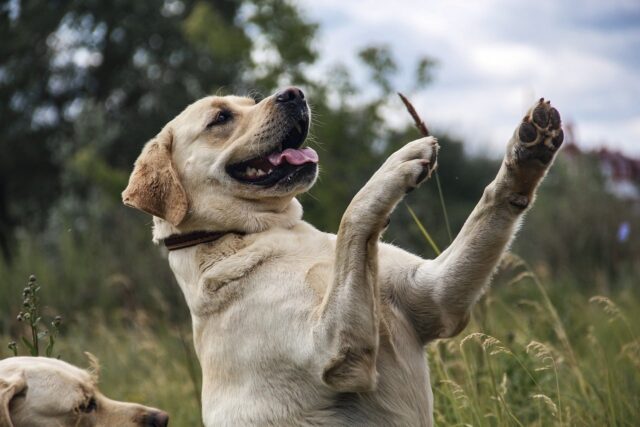
Managing the diet of dog breeds with bottomless bellies is essential to avoid obesity and related health problems. These breeds are famous for their love of food, but with proper portion control, regular exercise, and a balanced diet, owners can help their dogs stay healthy and happy. Owners need to understand the unique characteristics and dietary needs of these breeds. By doing so, they can provide the best care, ensuring their food-loving companions maintain a healthy weight and lead an active, joyful life.






